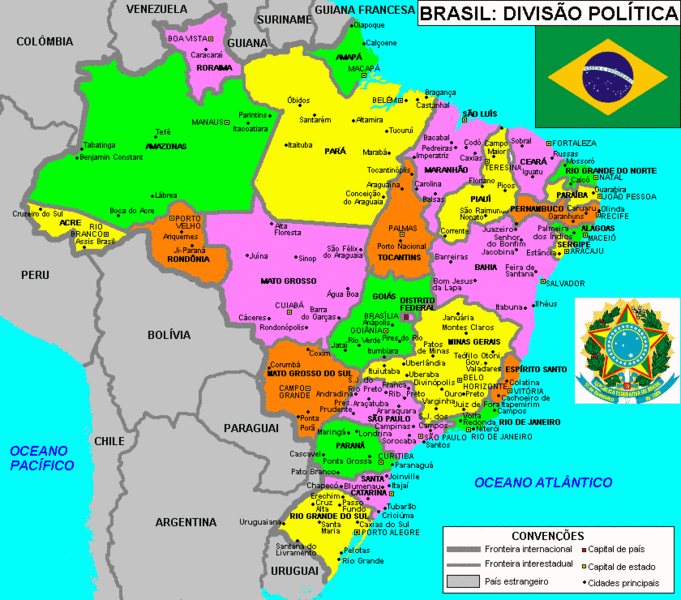There are a plethora of potential infectious diseases one could contract while traveling in Brazil; however, the risk differs depending on where in Brazil you are visiting.

The 2016 Summer Olympics in Rio de Janeiro will take place in August, shortly followed by the Paralympic Games a few weeks later.
The number of visitors are expected to exceed 400,000 and more than 10,000 athletes will be participating from every corner of the globe.
The European Centre for Disease Prevention and Control (ECDC) performed a risk assessment for European travelers to the Summer Games a couple of weeks ago and concluded that visitors were most at risk of gastrointestinal illness and vector-borne infections.
Here is a summary of some infectious disease health risks for travelers to the Games:
Surveillance data of gastrointestinal infections in Brazil suggest that foodborne outbreaks may occur during the Olympic Games. EU travellers to Rio 2016 may encounter locally endemic infections and challenges related to mass gatherings, e.g. salmonellosis, STEC infections, campylobacteriosis, giardiasis, and viral gastrointestinal illness.
In addition, EU travellers to Rio 2016 are at risk of hepatitis A infection.
The greatest concern, based on multiple media accounts, governments and Olympic committees, is Zika virus infection. According to the ECDC, the risk of dengue, chikungunya and Zika infection for EU travelers is likely to be moderate in the North and Northeast Regions of the country. The risk will be low in the Southeast Region (including Rio de Janeiro), and very low in the South and Central-West Regions. Rio de Janeiro municipal authorities are scaling-up vector-control measures as the Games are approaching.
The malaria risk is moderate for travelers to the North and Centre-West Region. Travelers who are considering attending the football matches in Manaus as part of Rio 2016 or travelling throughout Brazil should be advised on prophylaxis.
The Olympic Games will take place during the winter season in Rio de Janeiro when the cooler and drier weather will reduce mosquito populations. This will significantly lower the risk of mosquito-borne infections for visitors, such as Zika virus, dengue and chikungunya, except in Manaus where some football matches will be held.
The following infectious diseases are classified as very low risk for attendees of the Rio Games: leishmaniasis (both cutaneous and visceral), schistosomiasis, rabies, TB and lymphatic filariasis.
There is a very low risk of HIV infection for EU travelers to Rio 2016, mostly limited to travelers exposed to risk behaviors (unprotected sex, particularly with sex workers and among men who have sex with men and injecting drug use). Unprotected sex also exposes travelers to risk of other sexually transmitted infections including gonorrhoea and syphilis.
Key preventive measures for travelers include standards of hygiene (food and water), preventing mosquito bites, ensuring you’re up-to-date with vaccinations (including yellow fever if traveling to an endemic area), avoid all contact with stray dogs and cats and avoiding sexual risks.
Related:
- Zika: USOC responds to letter from Sen. Boxer and others
- Hookworms: George Washington University receives $2 million for phase 1 clinical trial to test vaccine
- Yale tool suggests proposed Zika funding would be cost-effective


2 thoughts on “Rio Olympic Games: Visitors most at risk of gastrointestinal illness and vector-borne infections, according to Europe CDC”